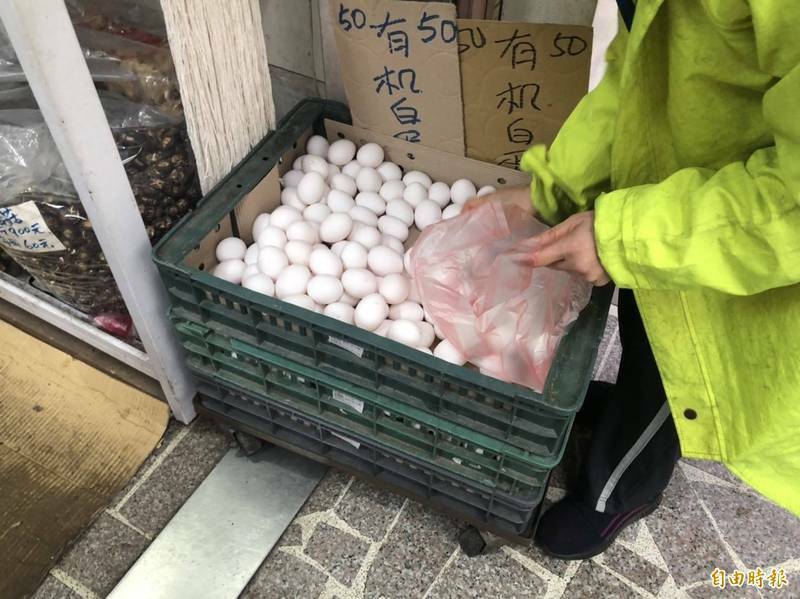This week, the egg price is determined to maintain the origin price of 45.5 yuan and the wholesale price of 55 yuan.
schematic diagram.
(file photo)
[Reporter Chen Jiayi/Taipei Report] The egg shortage continues to spread. Because the domestic egg shortage is still large and the black market is rampant, the Egg Price Committee of the Republic of China and the Taipei Egg Merchants Association originally planned to raise the egg price again today.
However, the Beishi Egg Merchant Association stated that there is no plan to raise the egg price. This week, the egg price will be maintained at 45.5 yuan for the place of production and 55 yuan for the wholesale price.
In response to the imbalance between supply and demand of eggs in China, the Egg Price Committee originally planned to raise the price of eggs last week. It was reported that the government pressured by industry representatives to freeze the price increase and asked to wait for another week. Finally, it decided not to raise the price for the time being, causing dissatisfaction among egg merchants.
Including Chen Jinding, executive director of the Egg Price Committee, and Lin Tianlai, chairman of the Taipei Egg Merchants Association, all called for an "indefinite break" to refuse quotations. Because the price of the production land and the market price have been disconnected from the actual transaction price, the black market is rampant, and eggs The price is free to bid.
Please read on...
Today, Gao Sumei, director-general of the Taipei Egg Merchants Association, said, "There is no need to raise prices, and there is no need to close the market." The Egg Merchants Association will continue to quote. The strategy of closing the market when the price rises is also announced to be suspended.
According to the egg production and sales information released by the Council of Agriculture, the number of laying hens has risen to 31.58 million last week, and the number of laying boxes has risen to 112,000 boxes (about 22.4 million eggs), but it is 120,000 away from the daily needs of the public. boxes (approximately 24 million pieces), with a daily shortfall of about 1.6 million pieces.
